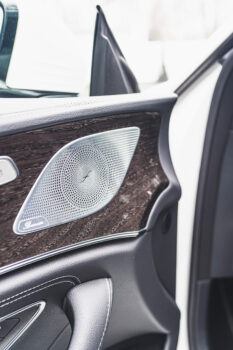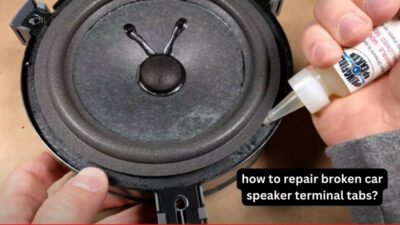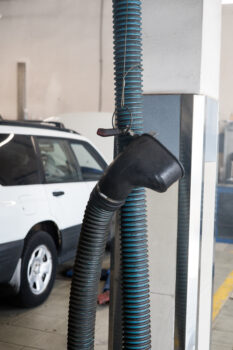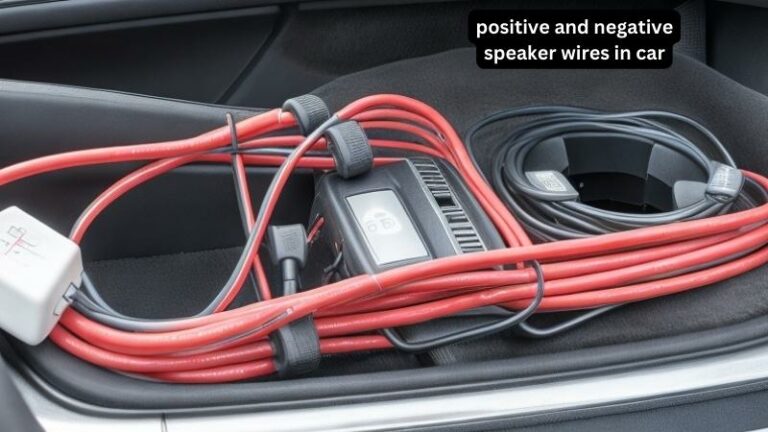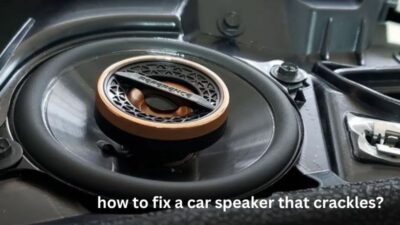What Makes A Good Car Speaker
When it comes to car audio systems, one crucial component often overlooked is the car speaker. While many car enthusiasts invest in high-powered amplifiers and subwoofers, the speaker is what ultimately delivers the sound quality and enhances the overall listening experience. So, what makes a good car speaker? In this article, we will delve into the key factors that set apart a mediocre speaker from a top-notch one, exploring elements such as power handling, frequency response, and build quality.
First and foremost, power handling is a critical aspect of a good car speaker. Power handling refers to the speaker’s ability to handle the electrical power supplied to it without distortion or damage. A higher power handling capability allows the speaker to handle more power from the amplifier, resulting in louder and clearer sound reproduction.
Additionally, a speaker with a higher power handling capability is less likely to be overdriven and can handle sudden increases in volume without distortion, ensuring a clean and crisp audio output. As such, car speakers with robust power handling capability are highly sought after by audio enthusiasts who crave a powerful and immersive in-car audio experience.
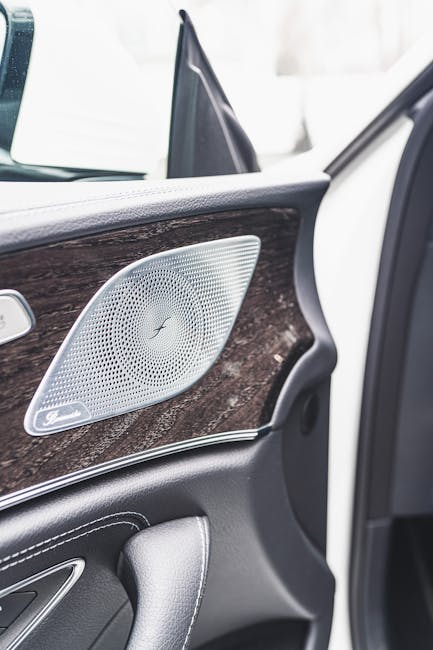
What Makes a Good Car Speaker
A good car speaker can greatly enhance your driving experience by providing clear and immersive sound quality. Whether you enjoy listening to music or want a better audio experience for your phone calls, choosing the right car speaker is crucial. In this article, we will discuss the key factors that make a car speaker good and provide you with step-by-step details on how to select the best one for your needs.
1. Sound Quality:
The most important aspect of a good car speaker is its sound quality. The speaker should be able to reproduce audio accurately and deliver a balanced frequency response. Look for speakers that offer clear highs, detailed midrange, and deep bass. High-quality speakers with a wide frequency range will allow you to enjoy your favorite music genres to the fullest.
Additionally, pay attention to the speaker’s power handling and sensitivity ratings. Higher power handling allows the speaker to handle more power without distorting, while higher sensitivity ensures that the speaker can produce loud and clear sound even with low power input.
2. Durability and Build Quality:
A good car speaker should be built to last. The speaker will be exposed to various conditions, including extreme temperatures, moisture, and vibrations while driving. Look for speakers that are made with high-quality materials such as polypropylene cones and rubber surrounds, as these materials are known for their durability and resistance to wear and tear.
Furthermore, consider the speaker’s construction and design. A well-designed speaker with a solid build will minimize resonance and distortion, resulting in cleaner and more accurate sound reproduction. Opt for speakers with reinforced frames and secure mounting options to ensure longevity and stability.
3. Compatibility and Fitment:
When selecting a car speaker, it is essential to ensure compatibility and fitment with your vehicle. Check the speaker’s size, mounting depth, and mounting options to make sure it will fit properly in your car’s speaker locations. Additionally, consider the speaker’s impedance rating to ensure compatibility with your car’s audio system.
Moreover, if you plan to upgrade your car’s audio system, look for speakers that are easy to install and compatible with aftermarket amplifiers or head units. Some speakers come with installation accessories and wiring harnesses, which make the installation process easier and more convenient.
4. Brand Reputation and Customer Reviews:
Consider the reputation of the brand and read customer reviews before making a final decision. Established brands with a good reputation are more likely to provide reliable and high-quality car speakers. Online reviews can give you valuable insights into the speaker’s performance, durability, and overall customer satisfaction.
Take note of any recurring issues mentioned in the reviews, such as distortion, poor build quality, or compatibility issues. This information will help you make an informed decision and avoid potential problems down the line.
5. Price and Budget:
Lastly, take into account your budget when selecting a car speaker. While it is essential to invest in a good-quality speaker, it is also crucial to find a balance between performance and price. Set a budget range and look for speakers that offer the best value for your money.
Compare prices and features of different speakers within your budget range, and prioritize the factors that are most important to you. Remember that a higher price does not always guarantee better performance, so make sure to consider all the other factors mentioned above before making a decision.
Faqs for What Makes A Good Car Speaker:
When choosing a car speaker, there are several factors to consider. Firstly, you need to think about the size and compatibility of the speaker with your car’s audio system. It’s essential to ensure that the speaker you choose fits correctly into your vehicle’s speaker openings. Secondly, you should consider the power-handling capabilities of the speaker.
This refers to the amount of power the speaker can handle without distorting the sound. Additionally, you may also want to look at the speaker’s frequency response range, which determines the range of sound frequencies it can accurately reproduce.
Other factors to consider include the speaker’s build quality, materials used, and overall design. Look for speakers made from durable materials that can withstand the rigors of being in a car. Finally, it’s crucial to consider your budget and choose a speaker that offers the best value for money.
The power handling of a car speaker is an essential consideration as it directly affects its performance. The power handling rating indicates the maximum amount of power the speaker can handle without distorting the sound.
If you exceed the power handling capacity of a speaker, it may result in sound distortion or even damage to the speaker itself.
When choosing a car speaker, it’s essential to match the power handling capabilities of the speaker with your car’s audio system. If you have a high-powered amplifier, you’ll need speakers with a higher power handling rating to ensure optimal performance.
On the other hand, if you have a lower-powered audio system, speakers with a lower power handling rating may be suitable. It’s crucial to strike the right balance to avoid any potential issues with sound quality or speaker damage.
The frequency response range of a car speaker is an important specification to consider. It refers to the range of sound frequencies that the speaker can accurately reproduce. A wider frequency response range means that the speaker can reproduce a broader range of frequencies, resulting in a more detailed and immersive audio experience.
When choosing a car speaker, it’s essential to consider the types of music you listen to and the sound quality you desire. If you enjoy listening to music with deep bass or high-frequency details, look for speakers with a wider frequency response range. However, if you mainly listen to music with a narrower frequency range, such as speech or podcasts, a speaker with a more limited frequency response range may be sufficient.
Yes, the materials used in a car speaker can significantly impact its sound quality and durability. In general, high-quality speaker cones made from materials like polypropylene, Kevlar, or metal alloys tend to offer better sound reproduction. These materials are known for their rigidity, which helps minimize distortion and ensure accurate sound reproduction.
Additionally, the materials used in the speaker’s surround and spider also play a role. Surrounds made from rubber or foam are commonly used as they provide flexibility while maintaining durability. Spiders, which are typically made from materials like fabric or treated paper, help center the speaker cone and control its movement. Good quality materials in these components contribute to better overall speaker performance.
While it’s possible to install car speakers yourself with some basic knowledge and the right tools, it’s recommended to seek professional help, especially if you have limited experience with car audio systems. Professional installers have the expertise to ensure proper installation, including correctly wiring the speakers and optimizing their placement for optimal sound quality.
Professional installation can also help avoid any potential damage to your car’s interior or audio system. Additionally, some car manufacturers may have specific requirements or warranties that may be affected if the speakers are not installed by a certified technician. Investing in professional installation can save you time, effort, and potential headaches down the line.
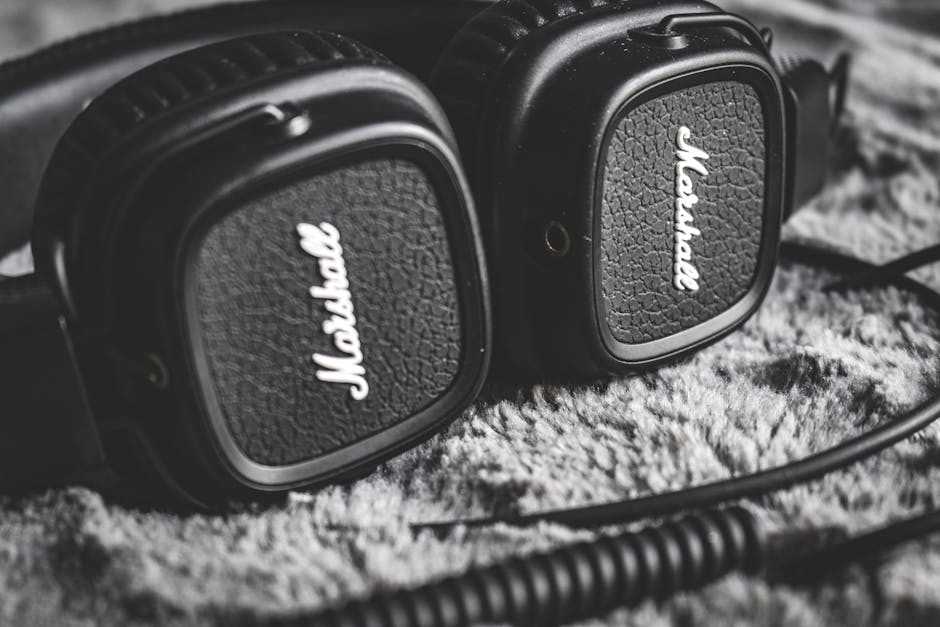
Source: pexels.com
conclusion:
the qualities that make a good car speaker are essential to enhance the overall driving experience. From the clarity of sound reproduction to the power of bass, a high-quality car speaker can transform any road trip into a concert-like atmosphere. By understanding the importance of frequency response, sensitivity, and power handling, car enthusiasts can make informed decisions when purchasing speakers that meet their specific audio preferences.
Furthermore, a good car speaker should offer durability and longevity. The ability to withstand the harsh conditions of a car’s interior, including temperature fluctuations and vibrations, is crucial for a speaker’s performance over time. Investing in a speaker with high-quality materials and construction not only ensures its longevity but also guarantees a consistent and enjoyable audio experience for years to come.
Ultimately, the quest for the perfect car speaker is subjective, as each individual has their own unique preferences and requirements. However, by considering factors such as sound quality, durability, and power handling, one can make a well-informed choice when selecting a car speaker that will elevate their driving experience to new heights. So, whether you’re a music aficionado or simply enjoy the pleasure of good audio on the road, a good car speaker is an investment that you won’t regret.
